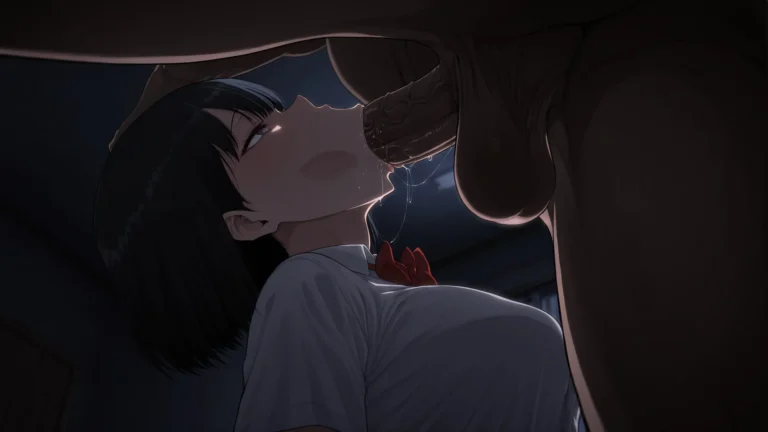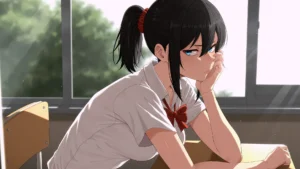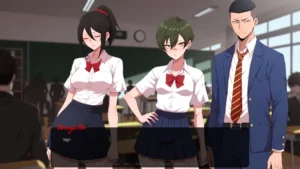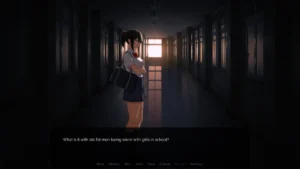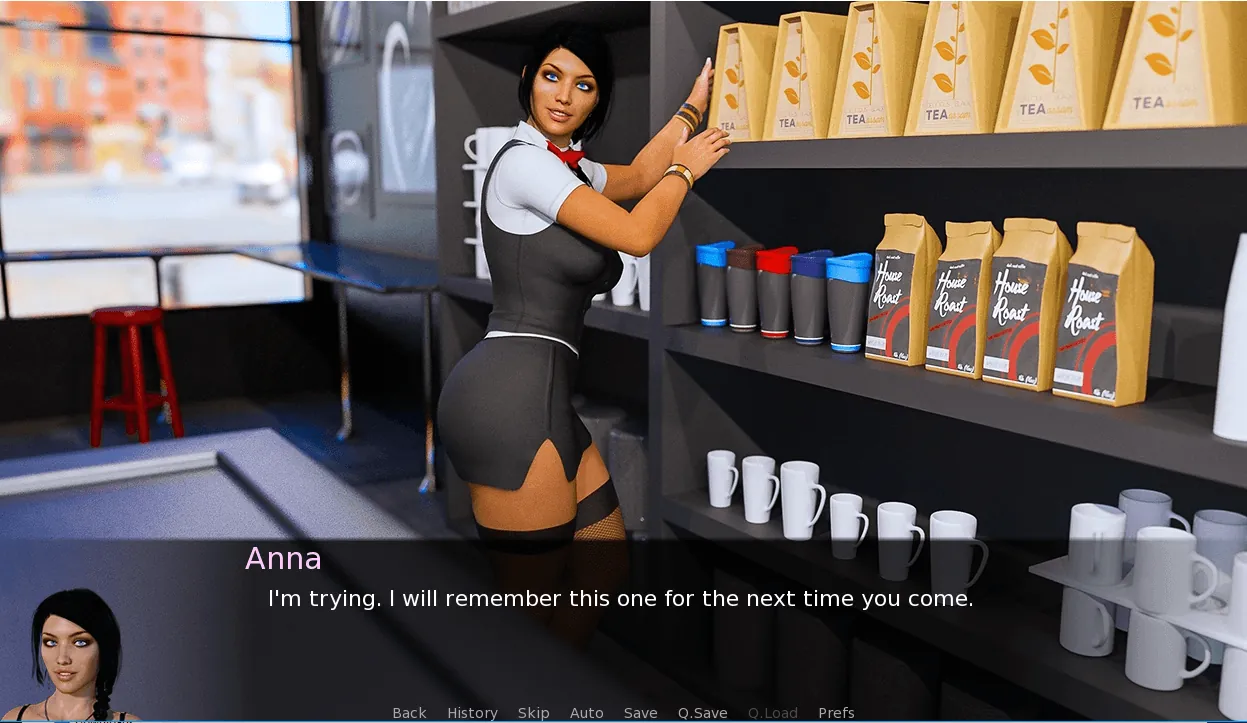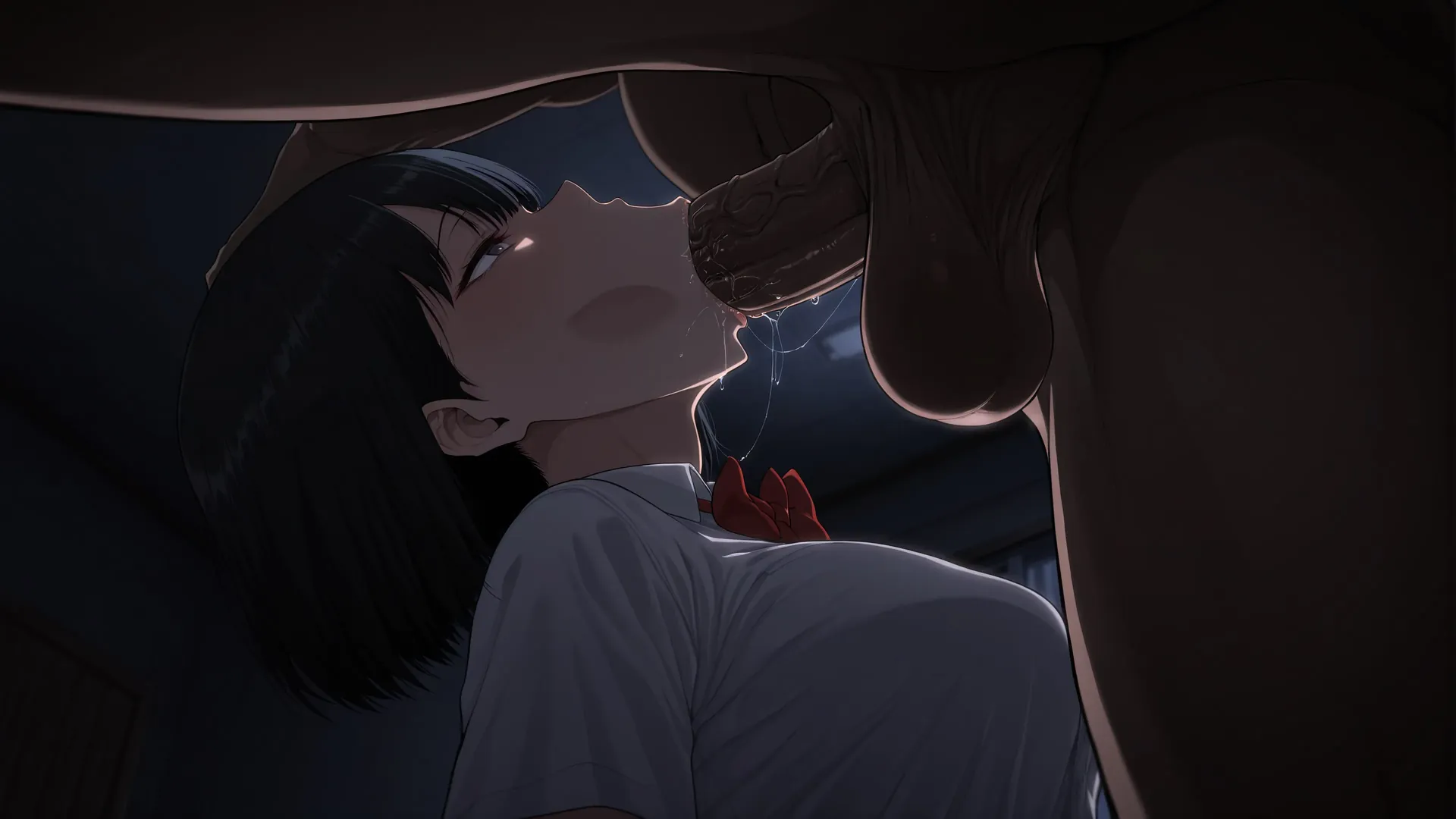
Aperture
Play Aperture
Aperture review
Explore the Story, Characters, and Gameplay of Aperture, the Unique NTR Adult Game
Aperture is a captivating adult visual novel centered on a gripping mystery NTR story told through the eyes of Keita, a sharp-tongued prep-school student. Set in the prestigious Hoshino Academy, the game explores themes of slow corruption, emotional turmoil, and complex character dynamics. This article delves into the game’s narrative, characters, and gameplay, offering insights and personal reflections to help you understand what makes Aperture a unique experience in adult gaming.
Unraveling the Story and Themes of Aperture
Who is Keita? The Protagonist’s Journey 🎭
Let’s be honest, when you first step into the Aperture game story, you think you know what you’re getting into. You control Sasaki Keita, a seemingly ordinary guy just trying to get by. But here’s the thing that hooked me: Keita protagonist isn’t your typical visual novel hero. He’s not a chosen one with hidden powers; he’s a deeply relatable, flawed individual whose life is built on a fragile foundation of routine and quiet desperation. Playing as him feels less like controlling a character and more like stepping into a pair of worn-in shoes. His motivations are simple at first—pay the rent, maintain his relationship with Rin, and find a sliver of happiness in a grey world. This grounded start is what makes his journey so powerfully unsettling.
I remember my first playthrough, feeling that initial sense of calm before the storm. You guide Keita through his daily life, making small choices that feel inconsequential. But the genius of the Aperture mystery narrative is how it uses this normalcy against you. Every mundane interaction is a potential thread in a web you don’t even see being woven. As the player, you are Keita. You share in his confusion, his small victories, and eventually, his dawning horror. His journey is one of erosion, where certainty is slowly chipped away, and you’re right there in the driver’s seat as his world unravels. It’s a masterclass in making the player feel the protagonist’s vulnerability.
| Character | Role | Key Relationships |
|---|---|---|
| Sasaki Keita | The Protagonist | In a relationship with Rin; target of Daizo’s schemes |
| Daizo | The Antagonist | Keita’s manipulator; central figure in the corruption of Rin |
| Rin | Keita’s Partner | Subject of the central emotional conflict; her downfall is pivotal |
The Role of Daizo and the Central Conflict ⚔️
If Keita is the heart of the story, then Daizo antagonist is the poison that stops it. 😈 Daizo isn’t a cartoonish villain; he’s something far more terrifying because he’s plausible. He operates not with brute force, but with psychological precision, exploiting insecurities and social dynamics. He represents a corrosive influence that preys on the vulnerabilities in Keita and Rin’s life. The central conflict in this Aperture game story isn’t a physical battle; it’s a silent, insidious war for control, sanity, and the soul of a relationship.
What makes Daizo so effective is that his motives are often shrouded, aligning perfectly with the game’s mysterious aura. You’re never quite sure of his endgame, which makes every interaction laced with tension. The NTR themes in Aperture are channeled almost entirely through his actions. He isn’t just a rival; he’s an architect of despair, carefully dismantling the bonds you, as Keita, are trying to protect. I found myself constantly second-guessing his every move, trying to anticipate his next play in a game where I didn’t even know all the rules. This constant, low-grade anxiety is what makes the conflict so immersive and emotionally draining in the best way possible.
Themes of Corruption and Emotional Turmoil 💔
At its core, the Aperture game story is a slow-burn psychological study. The most prominent theme is that of slow corruption. This isn’t a sudden betrayal; it’s a gradual decay, like watching a photograph fade in the sun. 🖼️➡️🌅 You witness small changes in behavior, subtle shifts in dialogue, and a growing distance that feels all too real. This meticulous pacing is crucial because it mirrors how real-life relationships can sometimes deteriorate—not with a bang, but with a whisper.
The emotional turmoil in Aperture is the direct result of this corruption. As a player, you don’t just observe Keita’s pain; you inhabit it. The game forces you to confront feelings of powerlessness, jealousy, and paranoia. The Rin downfall story is particularly gut-wrenching because it’s not portrayed as a simple failure of character. It’s a complex process influenced by manipulation, circumstance, and her own unmet needs. You’re not just watching her slip away; you’re experiencing Keita’s desperate attempt to understand why and to hold on to what’s left.
Player Tip: Don’t rush through the dialogue. The most telling details in Aperture’s narrative are often hidden in the subtext and the characters’ slight changes in demeanor.
The NTR themes in Aperture are handled with a surprising amount of nuance. They serve as the vehicle to explore deeper questions about trust, possession, and the fragility of human connections. It’s less about the act itself and more about the profound psychological impact it has on the Keita protagonist. This focus on consequence over sensationalism is what elevates the story. You’re left grappling with the aftermath, the “what ifs,” and the haunting reality that some things, once broken, can’t be fully repaired. The Aperture mystery narrative isn’t just about solving a puzzle; it’s about surviving the emotional wreckage. Playing through it is an unforgettable, if harrowing, experience that stays with you long after you’ve closed the game. 😥
Aperture offers a compelling and emotionally charged narrative that stands out in the adult visual novel genre. Through its well-crafted characters and intense themes of corruption and personal struggle, it delivers a unique experience that resonates with players seeking depth beyond typical adult content. Whether you’re drawn by the story or the immersive gameplay, Aperture invites you to explore its complex world and challenging moral landscape. Dive in and discover the layers of this intriguing game for yourself.
